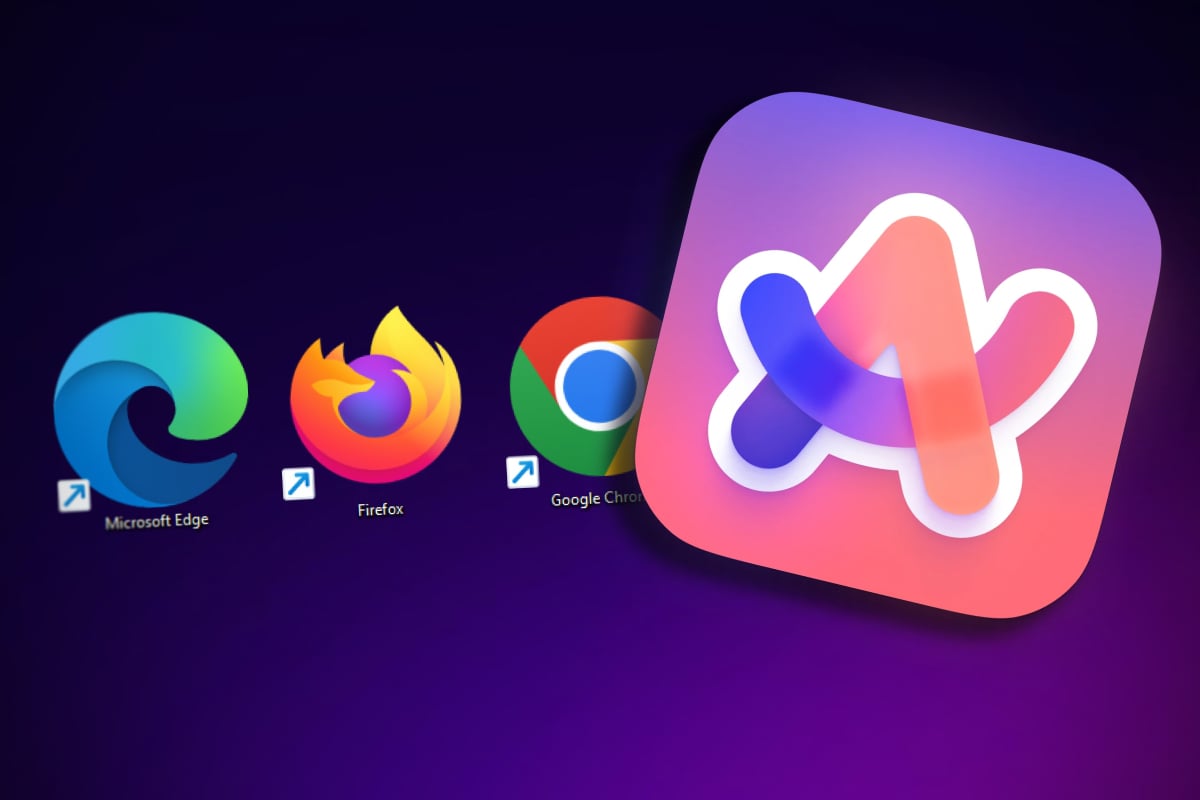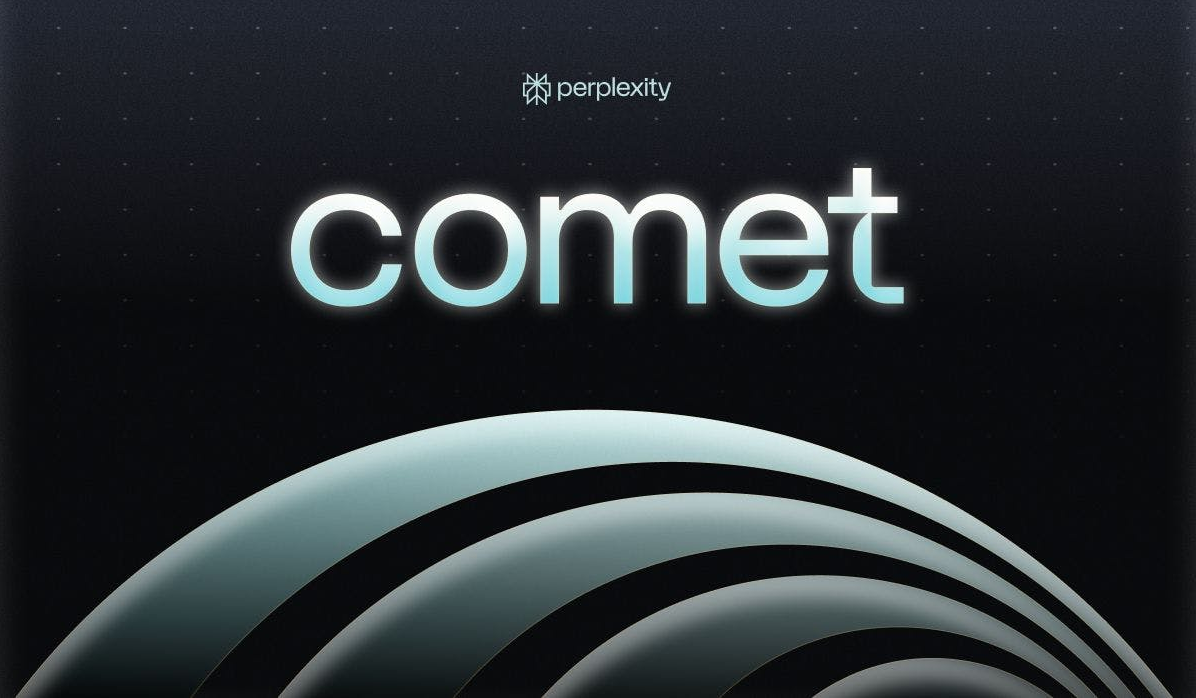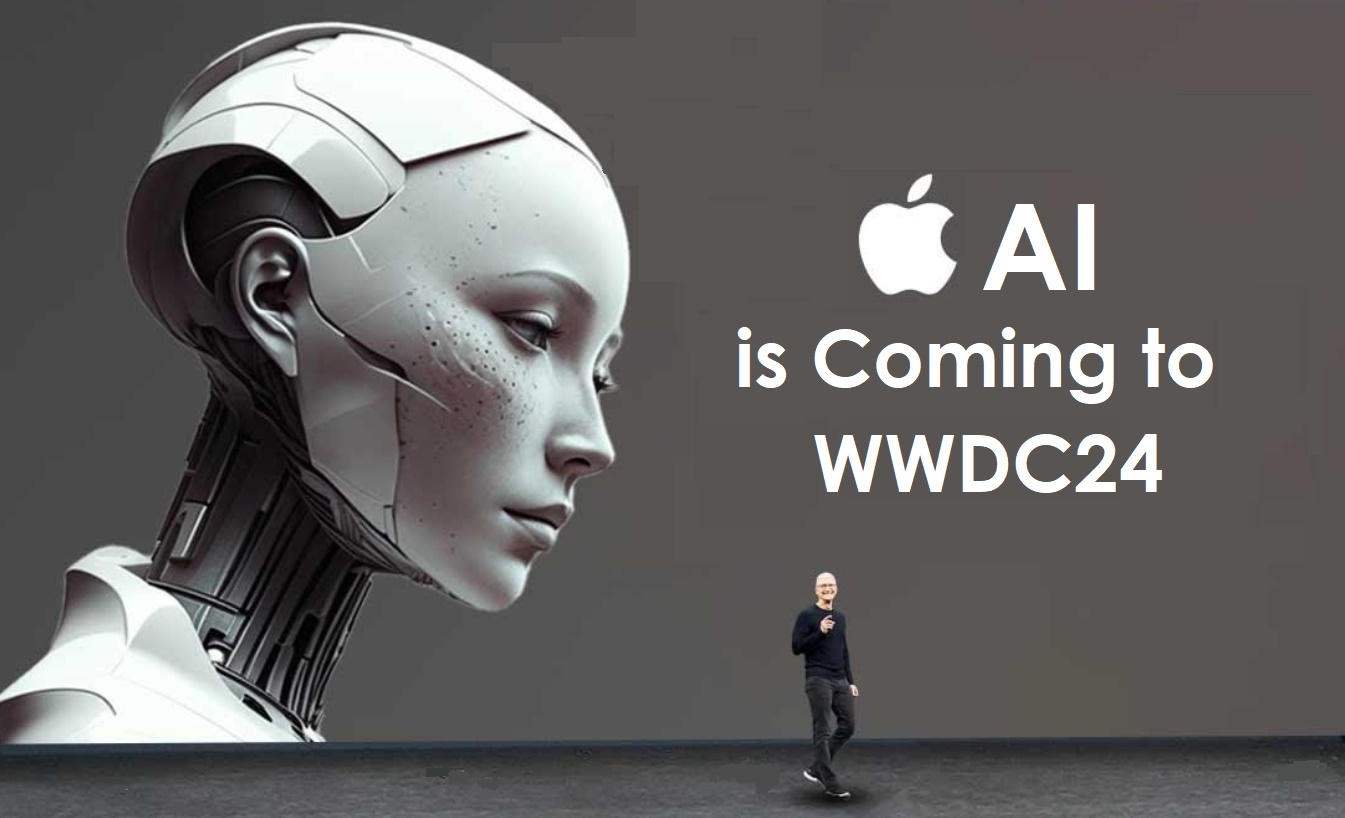

The advent of artificial intelligence has revolutionized the tech industry, but it has also raised significant concerns about privacy. Large language models, in particular, have been criticized for their potential to compromise user data, as conversations are often stored on cloud servers. However, Apple has always prioritized privacy in its products, and its recent foray into AI features has sparked curiosity about how the company would handle this issue. As it turns out, Apple's approach to AI is centered around on-device models, which ensure that user requests and personal information remain local, rather than being transmitted to the cloud.
Apple's on-device models are powered by the company's latest chipsets, which provide the necessary power and memory to run large language models. This is why Apple Intelligence features are only available on select devices, such as the iPhone 15 Pro and iPhone 16 models, as well as M1 devices on the iPad and Mac side. The strict device requirement is not arbitrary, as running AI models on-device requires a significant amount of memory - specifically, 8GB of unified memory, which Apple only began shipping on the iPhone 15 Pro. By keeping user requests and data local, Apple is able to maintain its commitment to user privacy, even in the face of increasingly sophisticated AI technology.
In addition to on-device models, Apple has also developed a private cloud compute solution for handling heavier AI requests. This system, which is being utilized more extensively with iOS 26, allows developers to implement features using Apple's on-device models, while also providing a secure and private cloud-based solution for more complex tasks. Apple has published a detailed blog post explaining how its Private Cloud Compute system works, including its measures to prevent user data from being retained or accessed by Apple or unauthorized parties. The company has also released the software images for Private Cloud Compute, allowing independent researchers to verify its claims and ensuring transparency and accountability.
Apple's commitment to user privacy is also evident in its partnership with OpenAI, the company behind ChatGPT. As part of this deal, Apple has ensured that user data is not retained by OpenAI and that user requests are not used to train future models. Furthermore, requests are only sent to ChatGPT with the user's explicit permission. This level of protection is particularly significant in light of recent developments, such as The New York Times' lawsuit against OpenAI, which has raised concerns about data retention and user privacy. However, OpenAI has confirmed that its business customers, including Apple, are not affected by the lawsuit, as they utilize Zero Data Retention APIs that prevent data from being stored in the first place.
The implications of Apple's approach to AI and privacy are significant, both for users and for the tech industry as a whole. By prioritizing on-device models and private cloud compute, Apple is setting a new standard for AI-powered products and services that prioritize user privacy and security. As AI technology continues to evolve and improve, it is likely that other companies will follow Apple's lead, recognizing the importance of protecting user data and maintaining trust with their customers. Ultimately, Apple's commitment to user privacy is a testament to the company's values and its dedication to creating products that are both innovative and responsible.
In conclusion, Apple's approach to AI and privacy is a significant step forward for the tech industry, demonstrating that it is possible to create powerful and sophisticated AI-powered products and services while also prioritizing user privacy and security. As the use of AI technology becomes increasingly widespread, it is essential that companies like Apple continue to lead the way in developing innovative solutions that balance the benefits of AI with the need to protect user data and maintain trust. By doing so, Apple is not only enhancing its own products and services but also contributing to a broader cultural shift towards greater transparency and accountability in the tech industry.
AI Analysis Engine
Advanced content understanding & insights
Executive Summary
Key Insights
Implications
Analyzing Content
Our AI is processing the article...
76
Article Views
0
Comments
Recommended Reading
More Great Reads
Continue your journey with these hand-picked articles from our community
Community Discussion
Join the conversation
0
Comments
2
Likes
76
Views
Share Your Thoughts
Anonymous
No comments yet
Be the first to share your thoughts!






